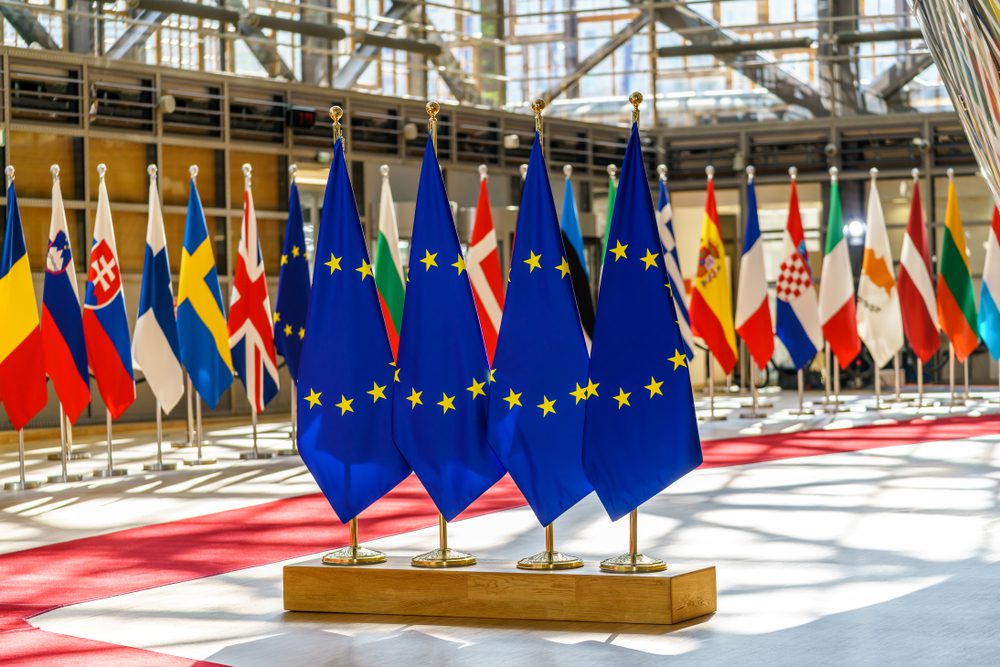
The EU’s plan to weaponise tariffs on goods from developing countries—as a means of incentivising stricter border controls—have drawn criticism from an ex-WTO expert, Politico reports.
Known as the General Scheme of Preferences (GSP), the trade agreement grants preferential tariffs to developing countries on exports into Europe,on the condition that those countries comply with human rights statutes.
Former WTO official and legal scholar Geraldo Vidigal argues that the move would be illegal under international law. Human rights groups are campaigning against the changes, and have submitted an open letter addressed to parliamentarians.
The EU gives reduced tariffs to 49 developing countries, including Mali, Bangladesh, and Afghanistan: major sources of illegal migration to Europe. Under the new system proposed by the EU Council, these tariffs would only be given if these nations helped in the deportation of their citizens who are in Europe illegally.
The proposals come as EU officials gathered all week in Brussels to discuss the relationship between trade and migration. They were met with strong opposition from human rights groups, left-wing politicians, and free trade MEPs.
The Swedish presidency of the EU Council has renewed focus on immigration, with accusations that the right-wing Swedish Democrats are driving policy.
Green MEP Heidi Hautala has described the proposals as ”toxic” and a threat to sustainable development. At the same time, the EU Commission has defended the plans by saying that orderly migration is essential for growth and stemming a “brain drain” from developing nations.
The attempt to tie trade agreements with migration divided the EU, with Germany abstaining from a Council vote in January.
The EU has been experiencing a spike in illegal immigration, with 330,000 illegal border crossings recorded by Frontex in 2022, the highest rate since 2016. EU nations have looked into a programme in which visas would be offered to developing countries to clamp down on illegal migration.
